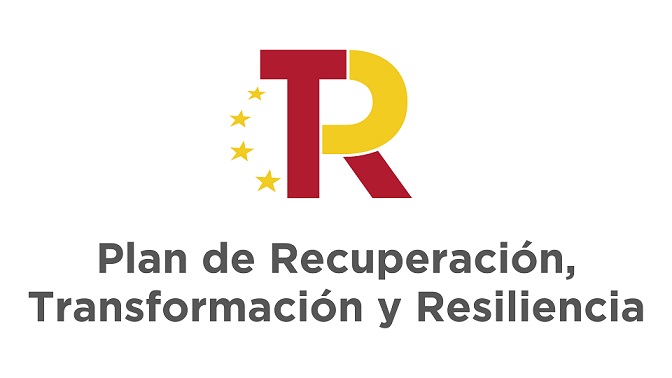Investigación
Publicación (Tesis doctorales)
Contribution towards intelligent service management in wearable and ubiquitous devices
-
Parrilla, Pedro Castillejo
- Resumen:
- Nowadays, society is shifting towards a growing interest and concern on health care. This phenomenon can be acknowledged by two facts: first, the increasing number of people practising some kind of healthy activity (sports, balanced diet, etc.). Secondly, the growing number of commercial wearable smart devices (smartwatches or bands) able to measure physiological parameters such as heart rate, breathing rate, distance or consumed calories.
A large number of applications combining both facts are appearing. These applications are not only able to monitor the health status of the user, but also to provide recommendations about routines in order to improve the mentioned health status. In this context, wearable devices merged with the Internet of Things (IoT) paradigm enable the proliferation of new market segments for these health
wearable-based applications. Furthermore, these applications can provide solutions for the elderly or baby care, in-hospital or in-home patient monitoring, security and defence fields or an unforeseen number of future applications.
The introduced IoT paradigm can be developed with the usage of existing Wireless Sensor Networks (WSNs) by connecting the novel wearable devices to them. In this way, the migration of new users and actors to the IoT environment will be eased. However, a major issue appears in this environment: heterogeneity. In fact, there is a large number of operating systems, hardware platforms, communication and application protocols or programming languages, each of them with unique features.
The main objective of this thesis is defining and designing a solution for the intelligent service management in wearable and ubiquitous devices so as to solve the heterogeneity issues that are presented when dealing with interoperability and interconnectivity of devices and software of different nature. Additionally, a security schema based on trust domains is proposed as a solution to the privacy problems arising when private data (e.g. biomedical parameters or user identification) is broadcasted in a wireless network.
The contributions presented in this thesis have been made after a comprehensive state-of-the-art analysis, and include the design of a Wearable Device Service Bus (WDSB) integrating the technologies collected in the requirement analysis (ESB, WWBAN, WSN and IoT). Applications are able to access the WSN services regardless of the platform and operating system where they are running. Besides, this proposal also includes the design of a Wearable Inter-Domain communication Protocols set (WIDP) which integrates lightweight protocols suitable to be used in low-capacities devices (REST, JSON, AMQP, CoAP, etc...). Furthermore, a security solution for service management based on a trustworthy domains model to deploy security services in WSNs has been designed.
Although the proposal is a generic framework for applications based on services provided by wearable devices, a specific application scenario for testing purposes has been included. In this validation scenario (defined inside the European research project “LifeWear-Mobilized Lifestyle with Wearables”) it has been presented an autonomous physical condition performance system, based on a WSN, bringing the possibility to include several elements in an IoT scenario: a smartwatch, a wireless physiological monitoring device and a smartphone.
In summary, the main objective of this thesis is solving the heterogeneity and security challenges arising when developing applications for WSNs and wearable devices. As it has been presented in the thesis, the solution proposed has been successfully validated in a real scenario and the obtained results were satisfactory.
- Año:
- 2015
- Tipo de publicación:
- Tesis doctorales
- Tipo de publicación:
- PhD Thesis
Grupos de Investigación
Áreas Estratégicas
Contacto
Edificio La Arboleda. Campus Sur UPM.
Calle Alan Turing 3
28031 Madrid
Email: web.citsem@upm.es
Tfno: +34 9106 78762
Website: www.citsem.upm.es









